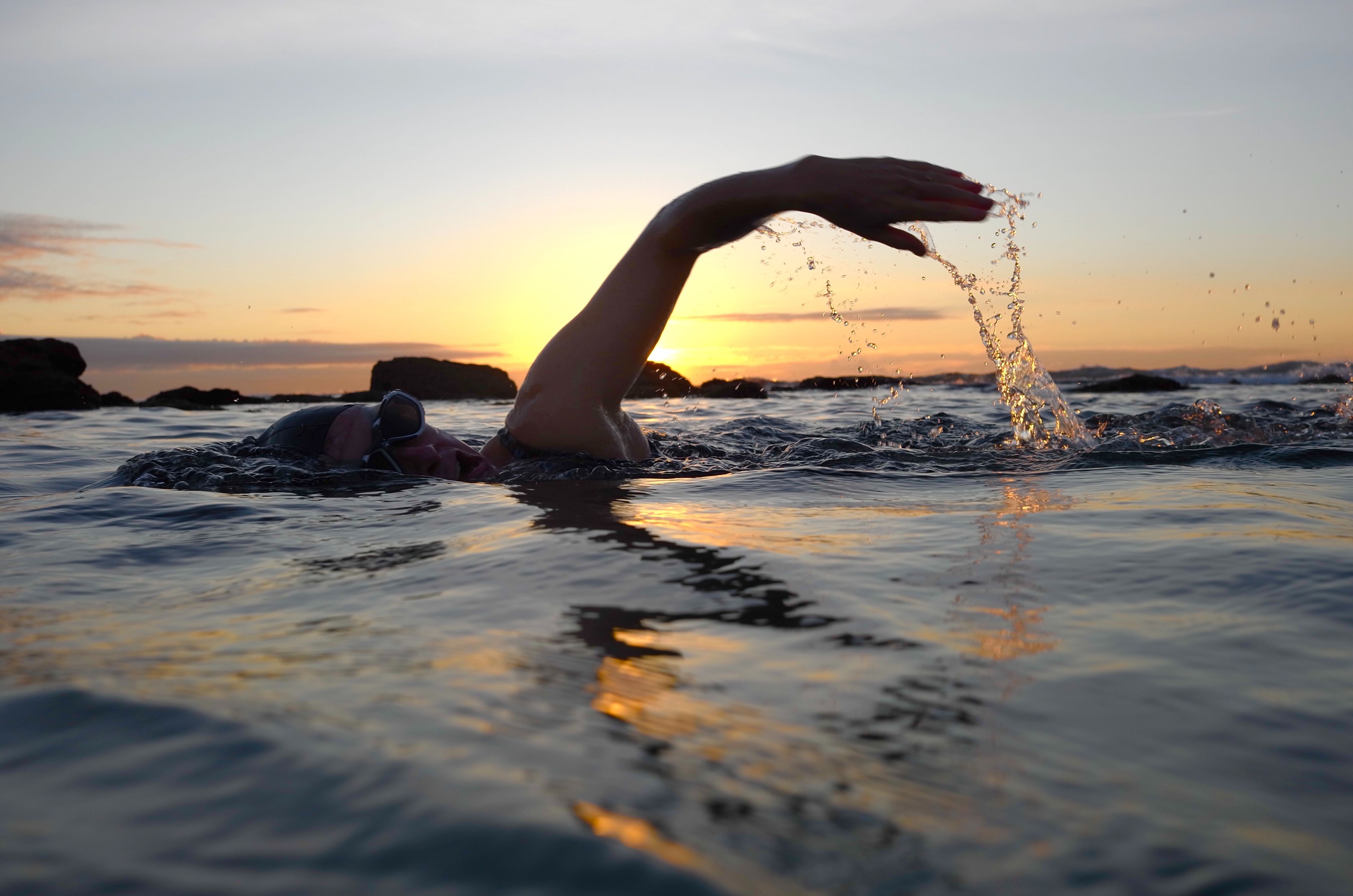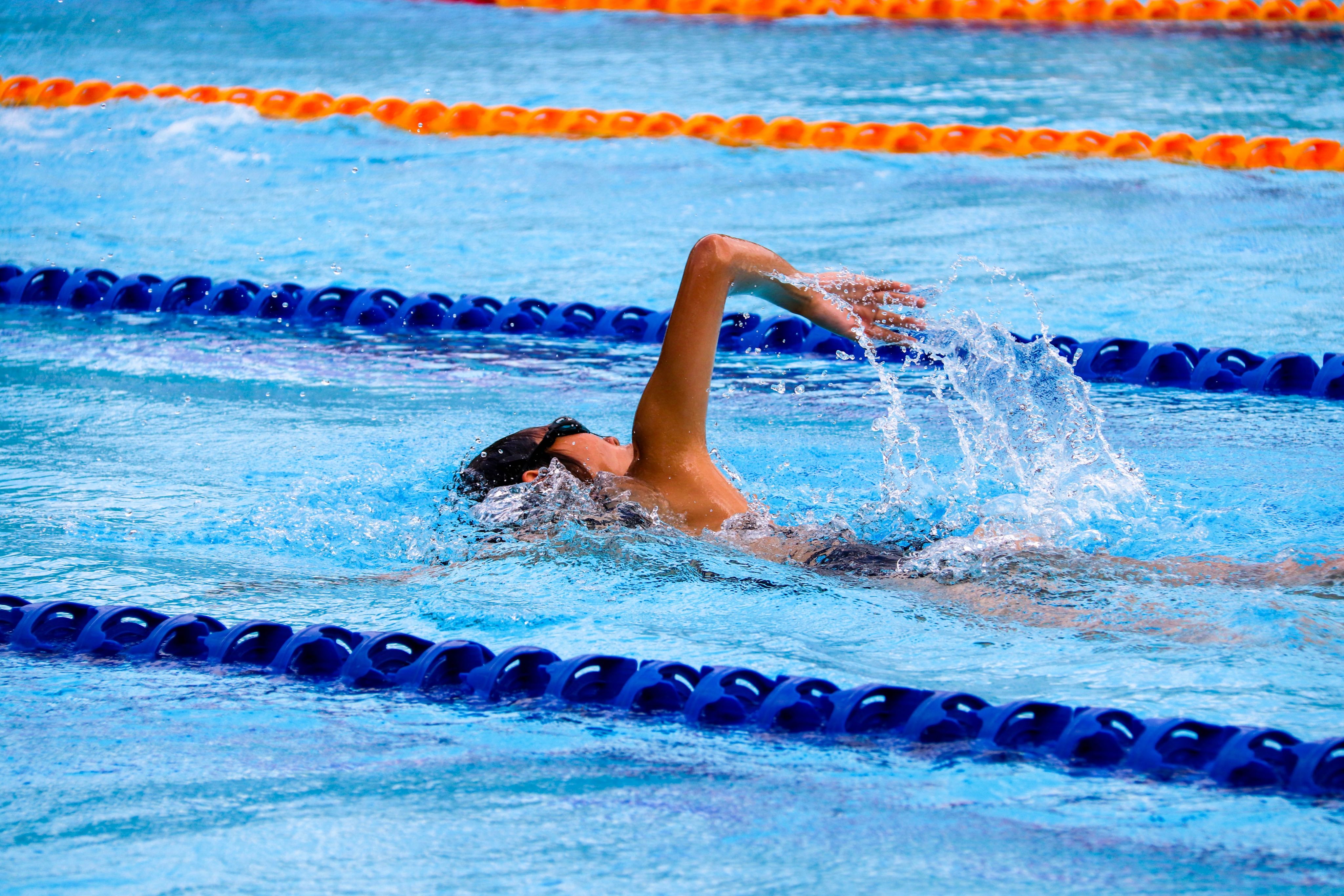Why Can't I Swim?
Analysing the barriers to swimming for adults
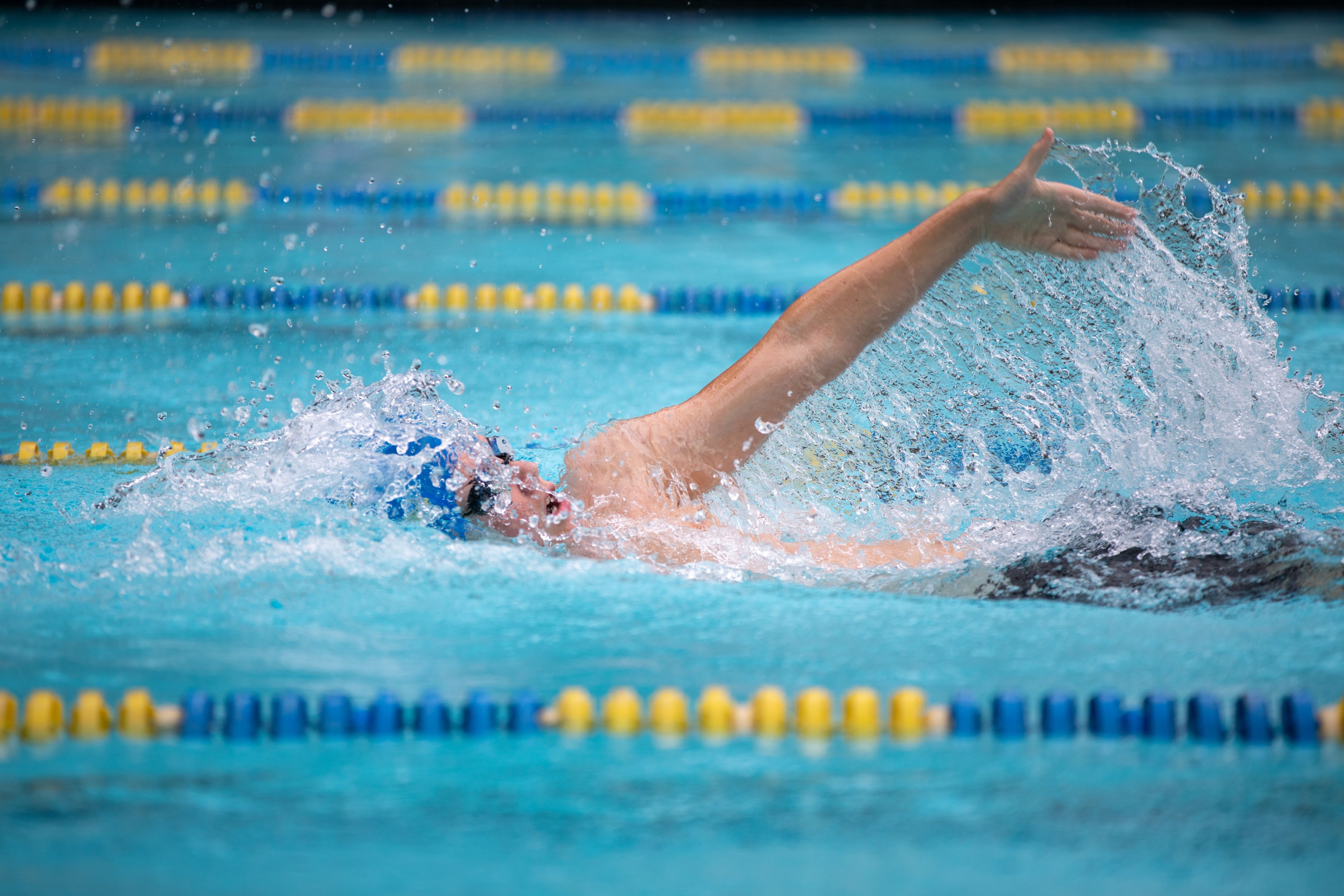
One in five adults in England are unable to swim
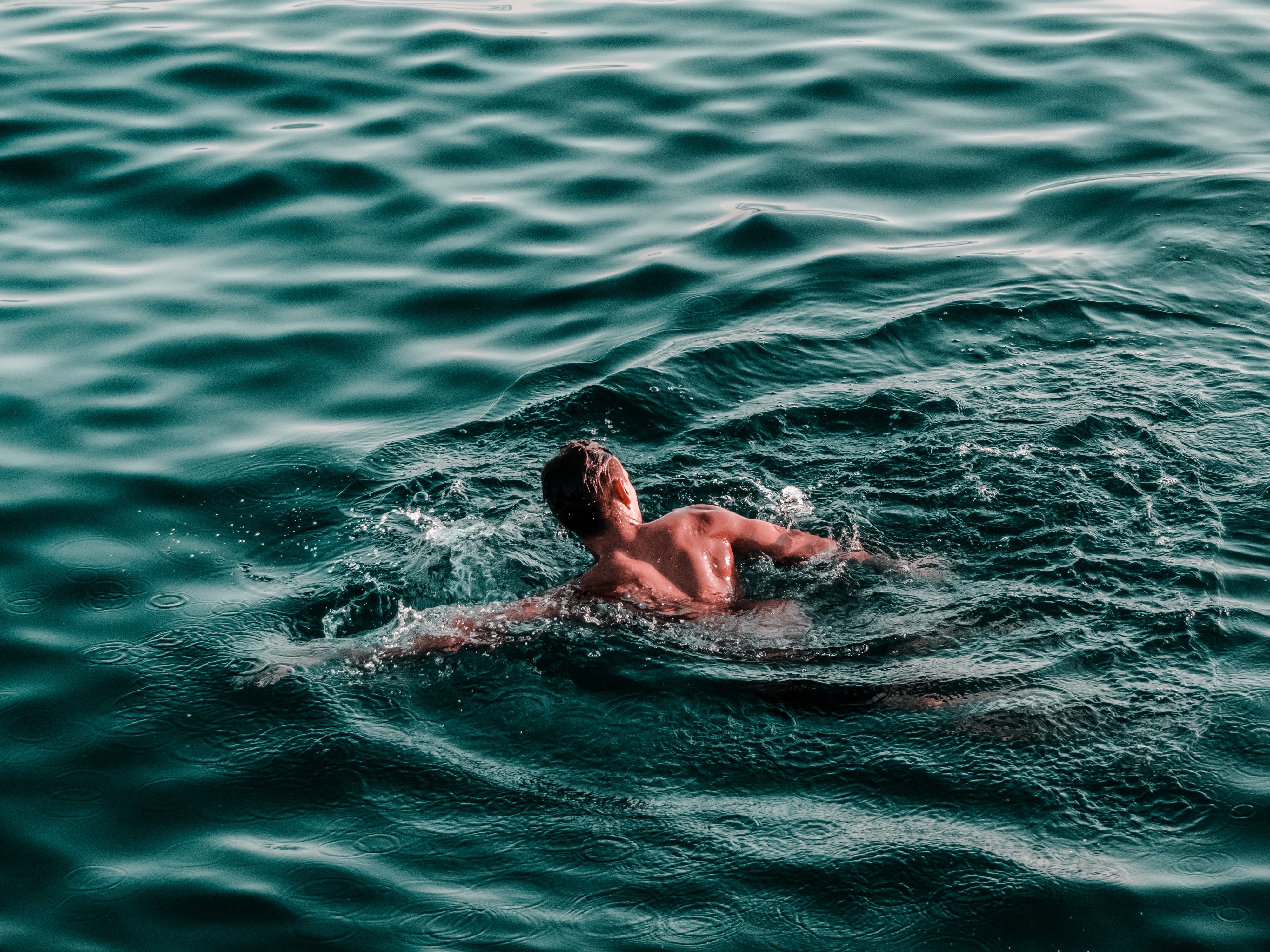
Photo by David Boca on Unsplash
Photo by David Boca on Unsplash
Swimming in England
According to the Amateur Swimming Association (ASA), up to nine million men and women aged over 14 in England have never learned to swim, with the highest number of non-swimmers above 65.
The latest figures from Sport England show 80% of black children and 78% of Asian children cannot swim.

Why Can't I Swim?
A confession. I’m 28 years old and I cannot swim. Although, looking at the above statistics – I’m amongst millions who are in the same boat. It’s a skill that can save your life, but unfortunately, it’s an activity that has an overwhelming number of barriers (despite the endless benefits).
I’ve recently been inspired by BBC Radio Leicester's Summaya Mughal to take the plunge and give swimming a go. Her award-winning podcast, ‘Brown Gal Can't Swim’ highlighted the many barriers she faced growing up which prevented her learning, with the aim to get South Asian women swimming.
In just eight weeks, Summaya went from a complete novice to swimming 500 metres in open water and I spoke to her to understand why she felt now was the right time, along with grasping some inspirational advice.
Summaya said: "If you think you're the only one who can't swim as an adult, it will lead to feeling alone, afraid and embarrassed.
"I was terrified of deep water and being next to a pool, so I didn't want to feel like that anymore and I realised I wasn't the only person who felt that way."
During our chat, Summaya spoke of the many barriers she, and many other adults, experience when faced with swimming - with the key difficulties detailed below:
Despite the barriers, there are many benefits and, according to the NHS, below are some of the main advantages of a weekly swim.
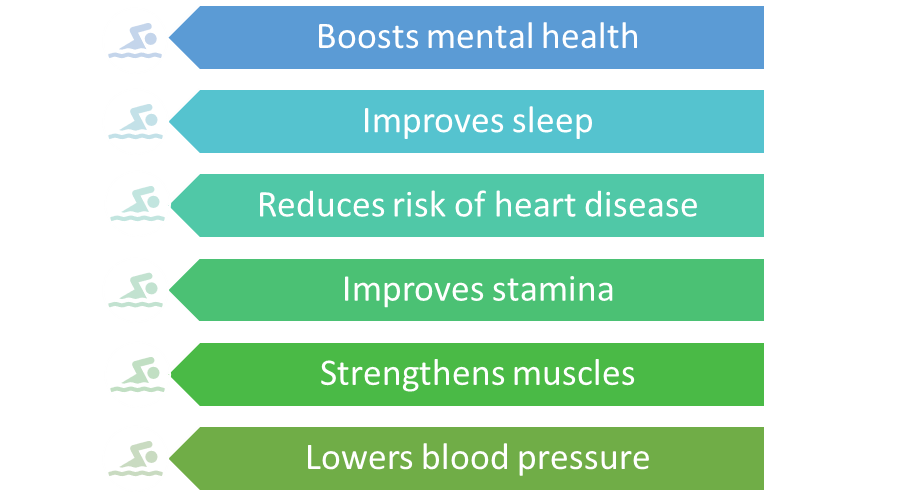
Summaya said: "Swimming used to be the thing that gave me so much fear and anxiety, but it's now one of the things that calms me down.
"During the pandemic, my mental health wasn't in a very good place and now I feel like a different person.
"It is one of the best things in my toolkit and I think that's because it's something I achieved. I couldn't do it before, and now I can, and I feel empowered."
Summaya and I spoke about the three key barriers that adults face when learning to swim:
- Self-image
- Fear of drowning
- Religion and culture
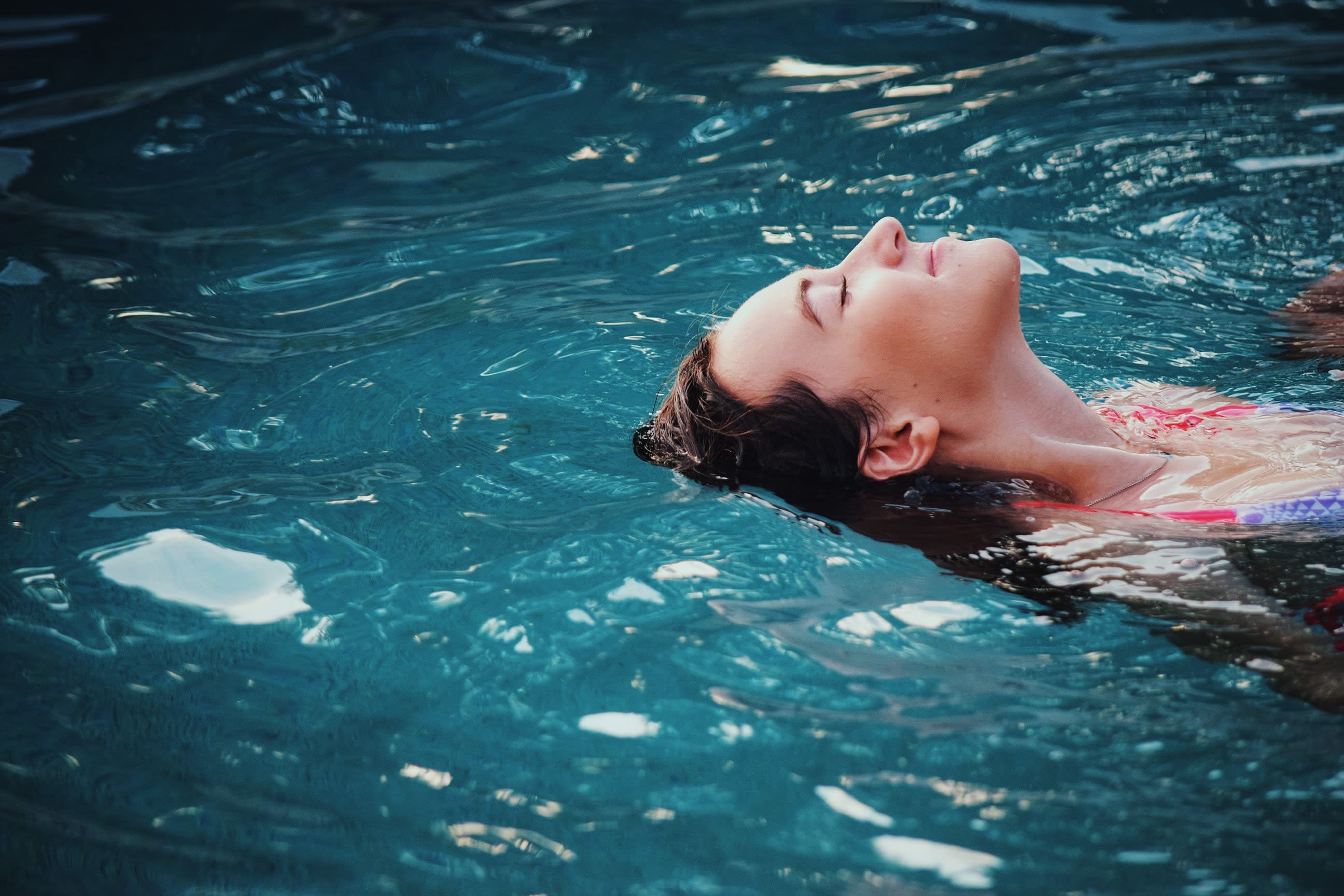
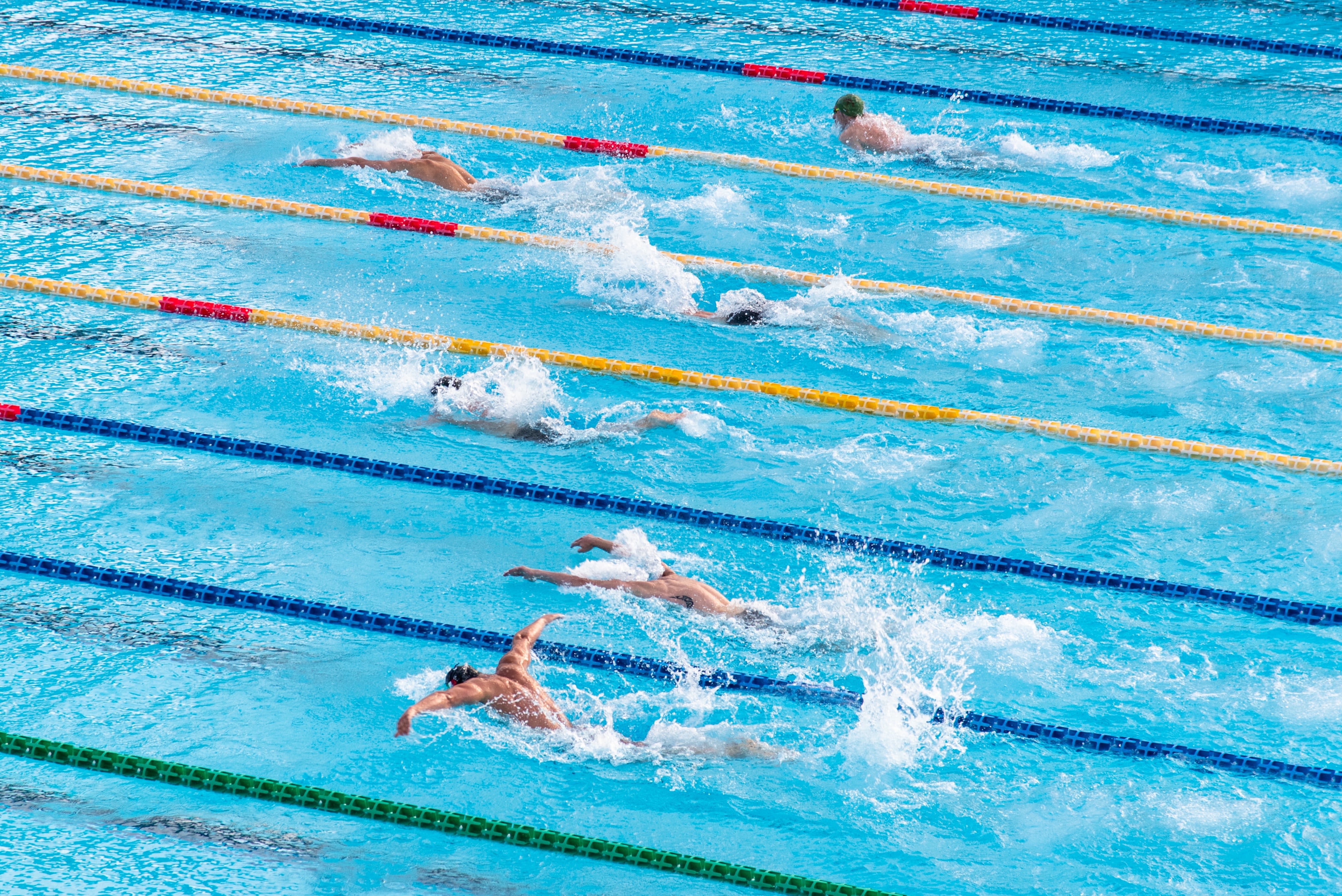
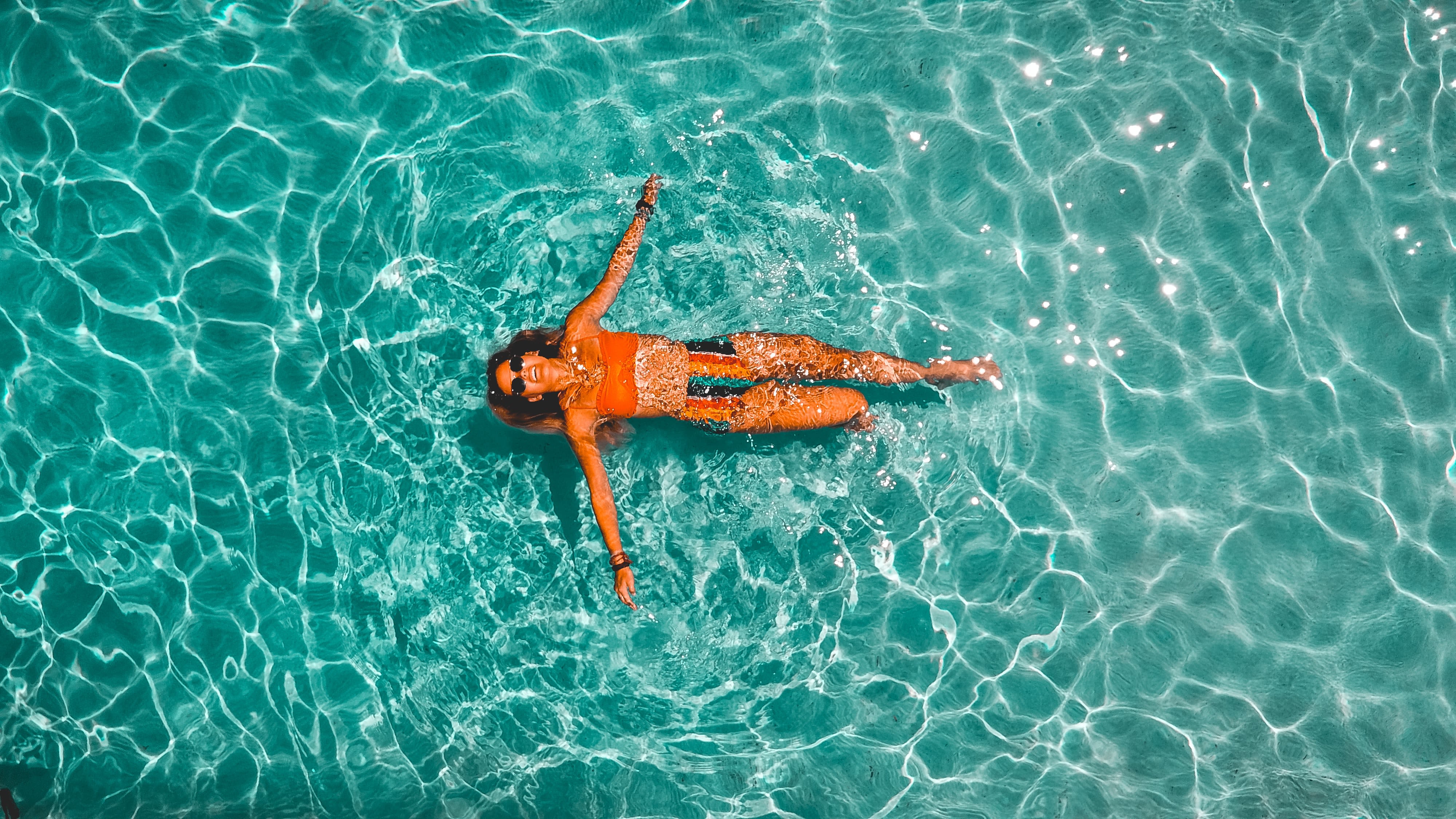
Self-image
Summaya spoke to several people on her podcast about their own barriers and a pattern certainly emerged - a fear of judgement, insecurity and embarrassment.
Even professionals suffer from self-image issues in the pool, for example, Olympic gold medallist Misty Hyman. The American athlete recently spoke in an interview with USA Today Sports about suffering from an eating disorder for many years.
But it’s not just women who struggle, and this is a common misconception. According to Swimming World Magazine, over 45% of 1,000 18-24 year-old men in the UK admitted to feeling pressure in trying to look perfect in the pool.
Unrealistic standards from social media lead to high self-expectations, and plays a huge part in blocking opportunities to swim.
Summaya explained how she conquered her self-image fears and said: "I feel so good when I swim now and it's now one of the best things for my mental health."
Summaya on...self-confidence
Summaya on...self-confidence

Fear of drowning
During Summaya’s journey, she witnessed a man almost drown during a lesson, which affected her mentality.
One of the networks aiming to increase awareness of drowning is The National Water Safety Forum (NWSF) - a UK web of organisations including sports governing bodies, rescue services and local government.
The NWSF works as a point of contact for water safety advice and information, covering all areas of open water including beaches, pools, harbours and sports centres, with their primary goals being:
- Encouraging communities to have a water safety plan.
- Conducting a better understanding of water-related self-harm.
- Increasing awareness of everyday risks.
According to their research, 400 deaths by drowning are recorded in the UK each year with a further 200 by suicide.
Men make up eight of every ten drownings, with the majority aged in their 20s, and the forum aims to halve the accidental drowning rate in the UK by 2026.
Summaya had to overcome the mental challenge faced by witnessing the incident and spoke to the person in question - Harris – who jumped back into the pool two minutes after almost drowning.
Below, Summaya explains how she felt after the incident:
Summaya on...fear of drowning
Summaya on...fear of drowning

Religion and culture
Summaya explained that she did not feel comfortable wearing a swimsuit due to her cultural and religious background, and this was a huge barrier in her younger years.
She said: "In terms of swimwear, I found it difficult to find something because in Islam, it's very important for women to cover up."
Regardless of religion or culture, many people who Summaya spoke to admitted that a lack of modest clothing in the market was a huge barrier to swimming.
Summaya had to find something modest to wear in the pool, and found Pretty Sassy Lady – a swimwear brand launched in 2021 by entrepreneur Zainab J Ahmed, who felt uncomfortable in her excessive clothing while on holiday.
She said: "If I can show that wearing something more modest is an option, not only for Muslim women but others too, then it feels like the right thing to do."
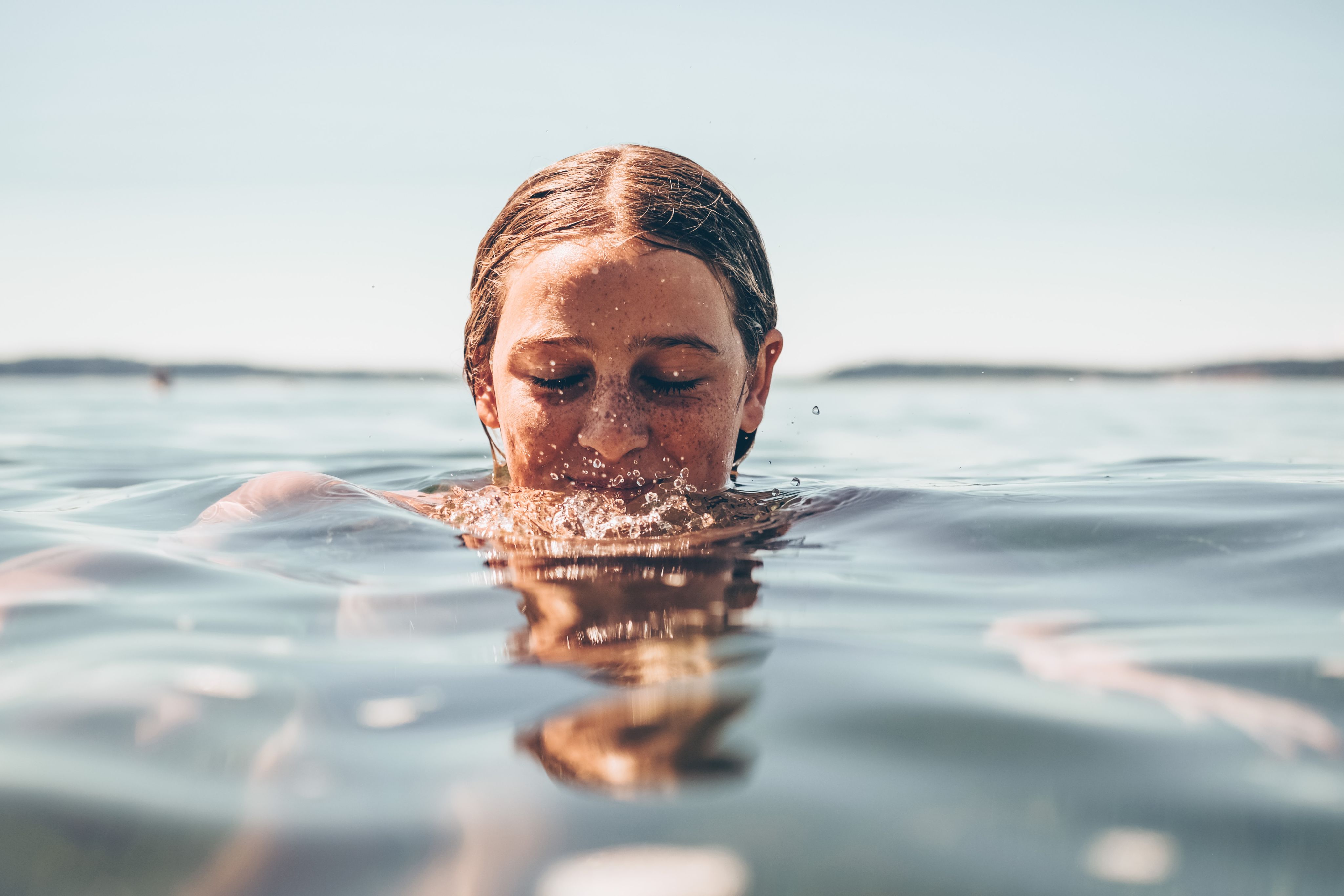
My Swimming Journey
When I was a teenager, I took a handful of swimming lessons - but several factors hindered my progression and I soon gave up.
- An overwhelming fear of drowning.
- A lack of confidence and growing self-image concerns.
-A phobia of the feeling of water in my ears.
I decided to give it another go, and although the same fears were in mind, I felt like years of life experience could handle them. I bought a rather modest swimsuit with sleeves, shorts and a high neck, sturdy ear plugs and a positive mindset.
Summaya gave me plenty of brilliant advice on facing my fears, along with reassurance on how wonderful the journey of learning to swim can be:
"Becky Adlington said to me that when you learn to swim, you're literally like a new person. It's scary in your head. Your challenge will be more mental than physical, but if you've got a good teacher, some persistence, consistency and resilience - you will do it and it will be the most rewarding thing."
My initial poolside thoughts went a little like this:
And afterwards, a breathless analysis:
Getting into a pool either for the first time or after years is never easy. My first swimming lesson was far from it - I felt uncomfortable in a pool full of young swimmers, a changing room of seemingly confident people, being watched by the lifeguard, and so on. But the actual swimming part went, well, swimmingly!
The main message, from my own experience and from Summaya's advice, is to never give up. From her story below, it's true that swimming is a skill that can save your life.
Summaya on...not giving up
Summaya on...not giving up
